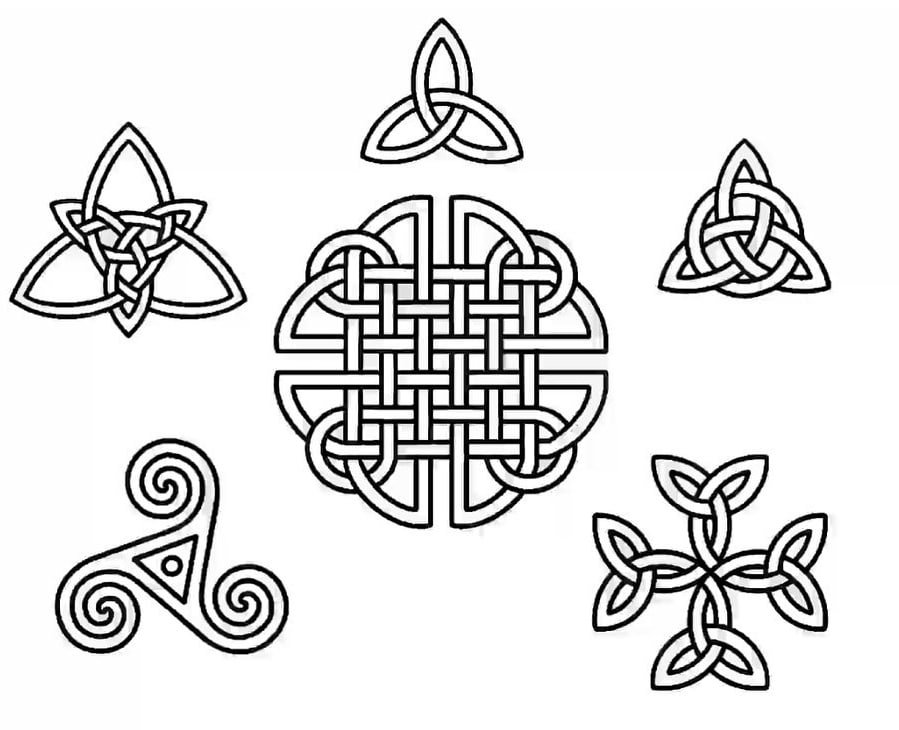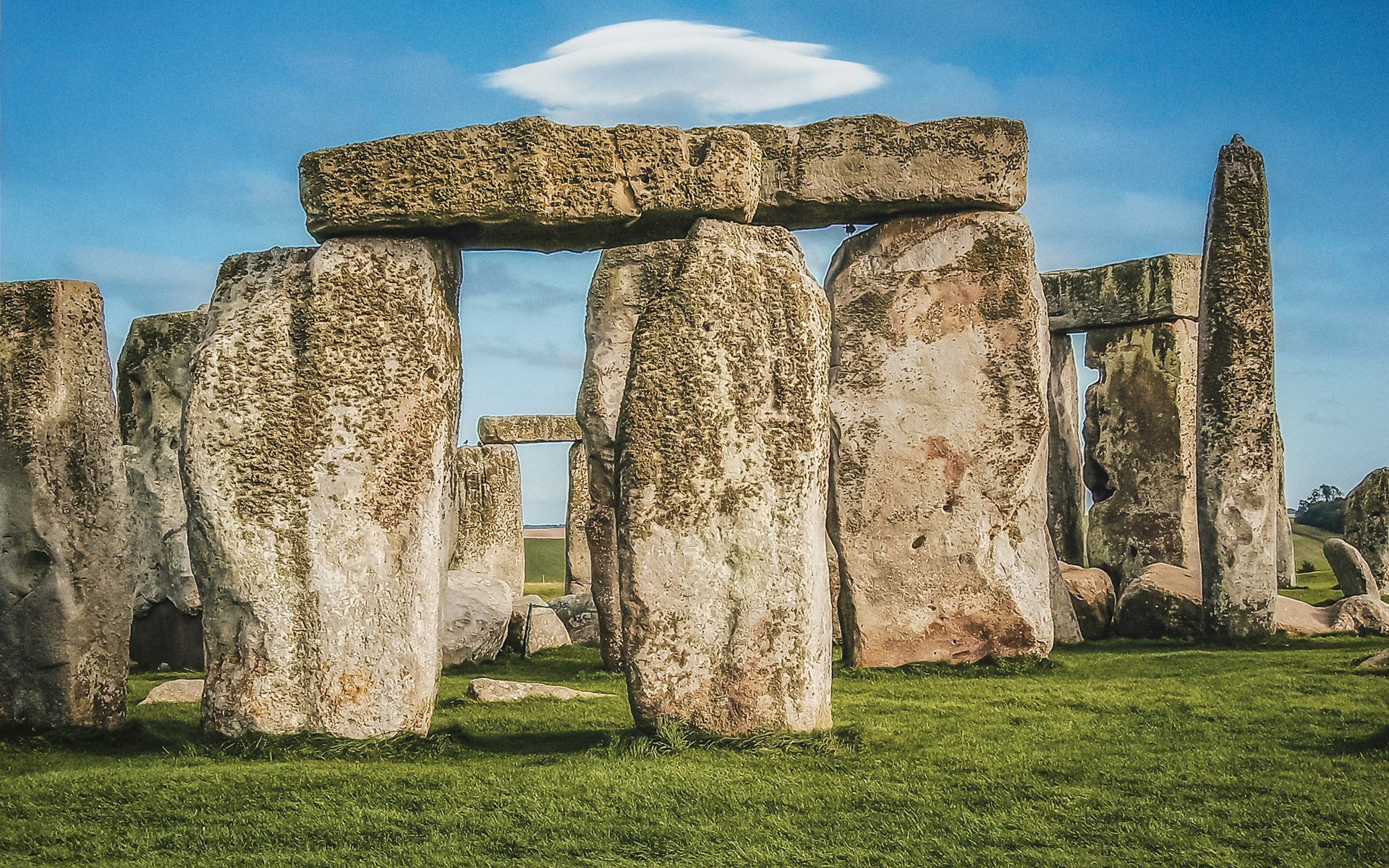The Celts, an ancient people whose origins shroud in mystery, continue to captivate scholars and enthusiasts alike with their rich history and vibrant culture. From their enigmatic beginnings to their enduring legacy, exploring the world of the Celts unveils a tapestry of fascinating narratives, customs, and achievements.
Origins and Migration
The origins of the Celts remain a subject of scholarly debate, with theories ranging from migrations from Central Europe to indigenous developments in various regions. Tracing their roots back to the Bronze Age, the Celts expanded across Europe, leaving their mark on lands from the British Isles to Anatolia. Their migratory patterns and interactions with neighboring civilizations shaped the cultural landscape of ancient Europe.
Distinctive Culture and Society
At the heart of Celtic society was a rich tapestry of customs, beliefs, and social structures. They were renowned for their craftsmanship, producing intricate metalwork, elaborate jewelry, and distinctive artistry that showcased their creative prowess. Their spiritual beliefs, often intertwined with nature and the supernatural, gave rise to a complex system of deities and rituals, leaving behind a legacy of myths and legends that endure to this day.
Warriors and Druids
Warfare played a significant role in Celtic society, with warriors revered for their bravery and skill in battle. The Celts’ formidable military prowess is evident in their conflicts with the Romans and other ancient powers, leaving a lasting impact on the history of warfare in Europe. Alongside warriors, Druids held considerable influence as priests, scholars, and advisors, preserving knowledge, conducting rituals, and serving as custodians of Celtic culture.
Enduring Legacy
Despite the decline of Celtic political power with the rise of the Roman Empire and subsequent conquests, their cultural legacy endured through the centuries. Elements of Celtic art, language, and folklore persist in modern societies, with Celtic languages such as Irish, Scottish Gaelic, and Welsh still spoken today. The revival of interest in Celtic heritage in the modern era reflects a deep-seated fascination with their past and a desire to understand the complexities of their culture.

Celtic Symbols – The Dara Knot, The Triquetra, Trinity Knot, The Celtic Triskelion Symbol, The Dara Knot
The mystery of the Celts continues to intrigue scholars and enthusiasts, inviting us to delve deeper into their rich history and culture. From their enigmatic origins to their enduring legacy, the story of the Celts is a testament to the resilience of a people whose influence reverberates through time. By unraveling the mysteries of the Celts, we gain insight into the complexities of ancient Europe and the enduring power of human creativity and ingenuity.
Embark on a journey through the enigmatic history and culture of the Celts, from their origins to their enduring legacy. Unravel the mysteries that surround this ancient people and discover the richness of their civilization.
The Celts, with their distinctive culture and society, left an indelible mark on the lands they inhabited. Their artistic expression, characterized by intricate metalwork, elaborate jewelry, and distinctive artistry, reflected not only their craftsmanship but also their connection to the spiritual and natural world. Celtic myths and legends, often intertwined with nature and the supernatural, provided insights into their worldview and beliefs, offering a glimpse into a society steeped in mysticism and reverence for the unseen forces of the universe.
Central to Celtic society were the roles of warriors and Druids. Warriors were revered for their prowess in battle, embodying the ideals of bravery, strength, and honor. Their martial skills were put to the test in numerous conflicts, most notably against the formidable legions of Rome. Meanwhile, Druids served as the spiritual and intellectual elite, acting as priests, scholars, and advisors. They were custodians of Celtic knowledge, preserving ancient traditions, conducting rituals, and guiding the spiritual life of the community.
The decline of Celtic political power in the face of Roman conquest marked a pivotal moment in their history. However, the legacy of the Celts endured through the centuries, influencing the cultural landscape of Europe in profound ways. Despite the political fragmentation and cultural assimilation that followed, elements of Celtic language, art, and folklore persisted, serving as a reminder of their enduring legacy.
In the modern era, there has been a resurgence of interest in Celtic heritage, driven by a desire to reconnect with the past and rediscover lost traditions. The revival of Celtic languages, the preservation of archaeological sites, and the celebration of Celtic festivals all reflect a growing appreciation for the richness and diversity of Celtic culture.
As we continue to unravel the mysteries of the Celts, we gain a deeper understanding of the complexities of ancient Europe and the enduring legacy of a people whose influence reverberates through time. Their story serves as a testament to the resilience of human creativity and ingenuity, reminding us of the enduring power of culture to shape our world and inspire future generations.
In conclusion, the mystery of the Celts invites us on a journey of discovery, where we uncover the rich tapestry of their history and culture. From their enigmatic origins to their enduring legacy, the Celts continue to fascinate and inspire, leaving an indelible mark on the pages of history.
Embarking on this journey of discovery allows us to appreciate the intricate layers of Celtic civilization, from their tribal societies to their sophisticated artistic expressions. Each artifact unearthed, each myth unraveled, brings us closer to understanding the complexities of their worldview and the values they held dear.
Moreover, the study of the Celts serves as a reminder of the interconnectedness of human history. Their migrations, interactions, and conflicts with neighboring peoples shaped the cultural landscape of Europe and beyond, leaving a lasting imprint on the societies that followed. By exploring their history and culture, we gain insight into the broader currents of ancient civilizations and the forces that shaped the world we inhabit today.
Beyond academic inquiry, the fascination with the Celts also speaks to a deeper longing for connection—to our past, to nature, and to each other. In their reverence for the natural world and their spiritual beliefs, the Celts offer a timeless wisdom that resonates in an increasingly disconnected modern world. By rediscovering their traditions and stories, we may find inspiration and guidance for navigating the challenges of our time.
In essence, the mystery of the Celts is not merely a historical puzzle to be solved but a living legacy that continues to shape our understanding of the human experience. As we delve deeper into their history and culture, we uncover not only the secrets of the past but also the enduring relevance of their insights and achievements. In doing so, we honor the memory of the Celts and ensure that their legacy remains vibrant and alive for generations to come.
